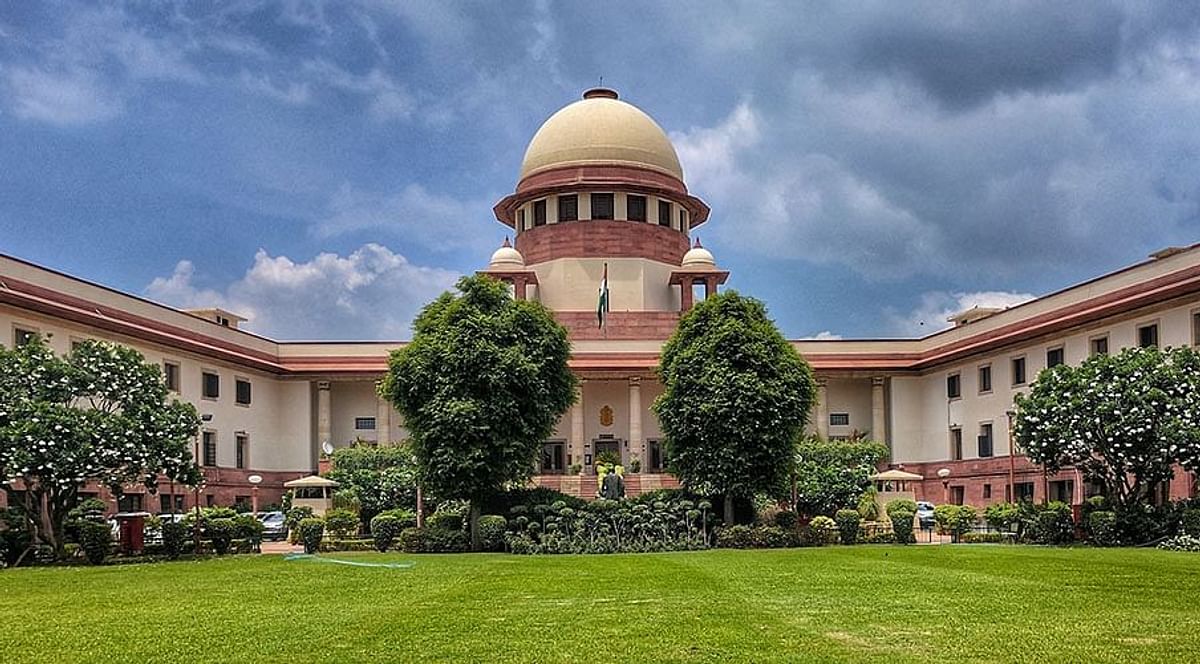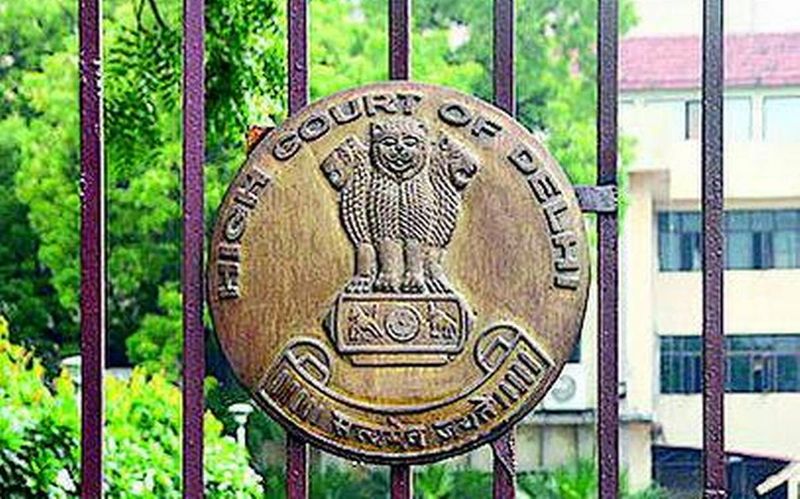The Supreme Court on Monday paused implementation of three controversial provisions of the amended Waqf Act, terming them potentially arbitrary and unconstitutional. A bench led by Chief Justice BR Gavai and Justice AG Masih stayed rules that required donors to prove they had been “practicing Muslims” for five years, mandated inclusion of non-Muslims on waqf boards, and empowered District Collectors to decide whether a property qualifies as waqf. The court observed that allowing Collectors to adjudicate such disputes would violate separation of powers and could lead to misuse.
However, the judges refused to suspend the requirement of registering waqf properties, noting that this obligation had existed earlier but was never enforced. To protect “waqf by user” properties—established by long usage rather than documentary evidence—the court ordered that their status cannot be altered without recourse to a waqf tribunal, whose rulings would remain subject to High Court appeal.
The amendments, passed in April after heated parliamentary debate, sparked nationwide protests and multiple legal challenges. Petitioners, including religious groups and individuals, argued the provisions trampled constitutional rights, particularly Articles 14 and 26, by curtailing Muslims’ ability to manage their own charitable endowments. Critics also warned the “practicing Muslim” clause undermines secularism by compelling proof of religiosity, while permitting non-Muslims on waqf boards erodes their representative character.
The government defended the changes as necessary to curb fraud and ensure oversight. Solicitor General Tushar Mehta argued that waqf boards perform secular functions, making non-Muslim participation reasonable. Yet the court limited such appointments to a minority—three of 11 in state boards and four of 22 in the Central Waqf Council.
By halting key provisions but leaving others intact, the interim order sets the stage for a deeper constitutional test of the Waqf amendments in coming hearings.








 OpinionExpress.In
OpinionExpress.In















Comments (0)